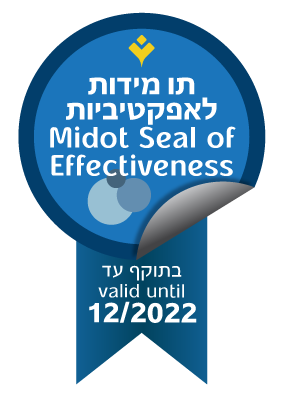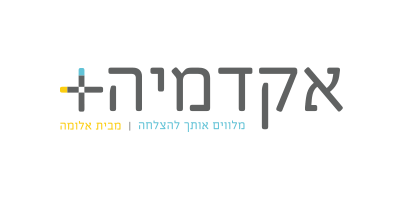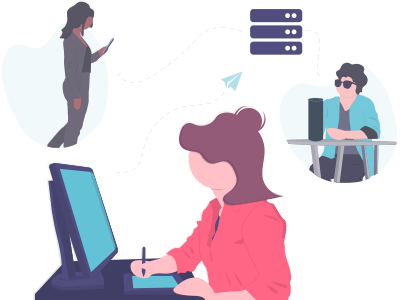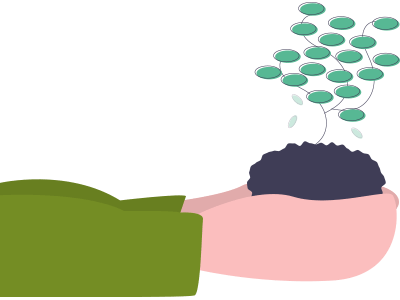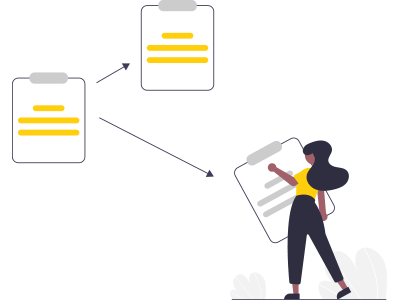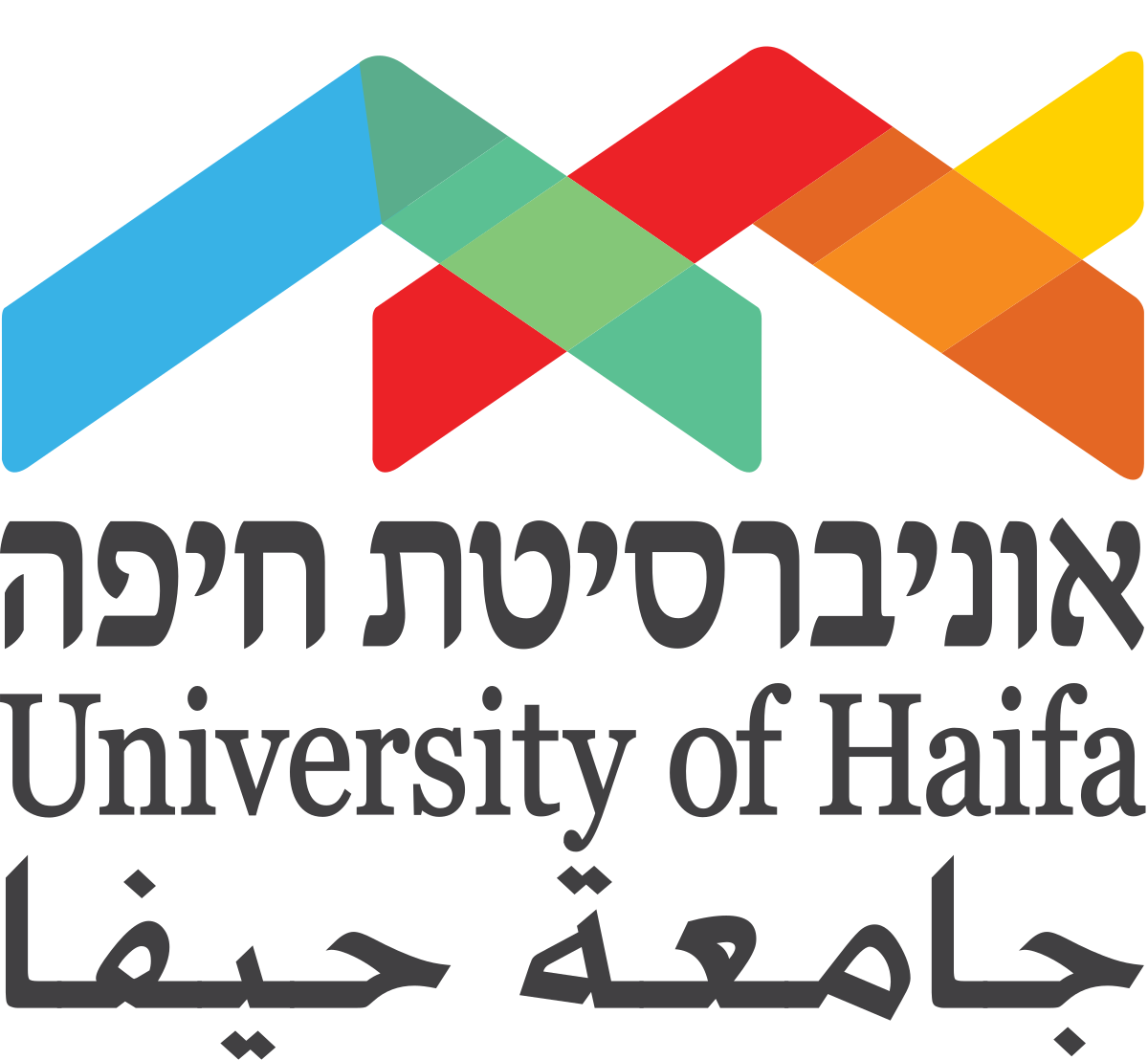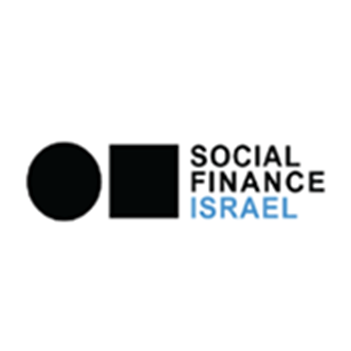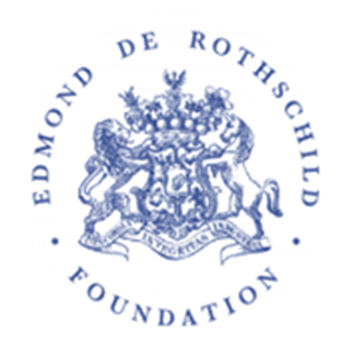Intervention tool: Self-Motivated Assessment (SMA)
Self-Motivated Assessment (SMA)
We developed a tool for this program that identifies the student’s motivation level and tailors the intervention we offer to the cycle of change and the motivational approach. The tool has been tested and proven to accurately predict the risk of dropping out. The tool includes a questionnaire that is divided into eight categories, including internal motivation, external motivation, financial competence, importance of studies, etc. The weighted score for all these categories indicates where the student stands on the cycle of change, and provides an indication of how prepared they are for academic studies. A low score in any of the categories alludes to the relevant challenges the student faces and/or the risk of that student dropping out. The coordinator uses this tool while working with the students during their studies, and incorporates it in one-on-one conversations and interventions.
Measurement and performance management
An information system based on Sales Force was integrated to manage the program. This system is used to identify students at risk of dropping out, improving and upgrading the intervention program, and enhancing and validating the models used. At the beginning of each year, relevant background information is collected online to start getting to know the students, prioritize the intervention tools, and suit them to the individual needs of the students.

